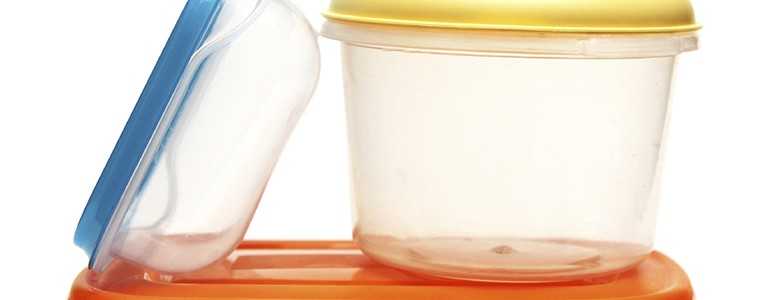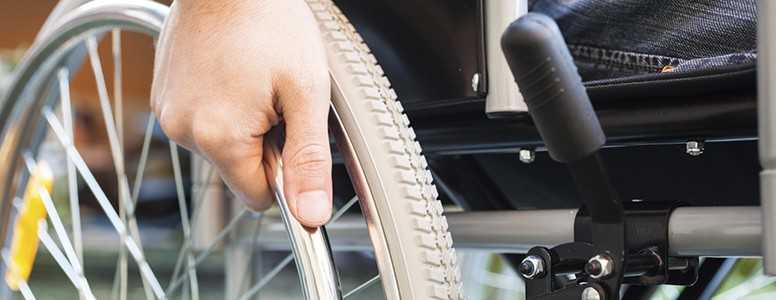Chemicals found in plastic food containers are linked to higher rates of insulin resistance, according to new research from NYU Langone Medical Centre in New York City.
Phthalates and insulin resistance
The chemicals, certain phthalate compounds known as di-isononyl phthalate (DINP) and di-isodecyl pthalate (DIDP), replaced the chemical 2-ethylhexylphlatate (DEHP), which was consistently linked with similar health problems. All three phthalate compounds are used to strengthen plastic food containers, and some other household items.
DEHP has been banned in Europe since 2004. It was replaced by DINP and DIDP.
Two different studies were conducted: the first found that blood pressure increased by 1.1mm of mercury for every 10-fold increase in phthalate consumption. The second study found that teenagers with higher DINP levels were more likely to have higher levels of insulin resistance.
The studies did not, however, prove that the phthalates were the direct cause of insulin resistance and high blood pressure. The link was only a correlation. More research will need to be conducted before a causative link can be confirmed.
Environmental chemicals and insulin resistance: a hidden cause?
The studies are the latest in a long line to raise concerns over the possible impact of environmental chemicals on the development of insulin resistance.
“Our research adds to growing concerns that environmental chemicals might be independent contributors to insulin resistance, elevated blood pressure and other metabolic disorders,” said study leader Professor Leonardo Trasande.
“Our study adds further concern for the need to test chemicals for toxicity prior to their broad and widespread use.”
Professor Trasande suggests that it would be safer to avoid the use of plastics altogether: “Alternatives to DIDP and DINP include wax paper and aluminium wrap; indeed, a dietary intervention that introduced fresh foods that were not canned or packaged in plastic reduced phthalate metabolites substantially.”
How to reduce phthalate consumption
Other than avoiding the use of plasticised food packaging altogether, Professor Trasande recommends a couple of ways to reduce phthalate consumption:
When microwaving food, don’t place it in plastic containers or cover it with plastic wrap
Avoid washing plastic food containers in the dishwasher. Doing so can cause plasticisers to leak.
The research was published in the journals Hypertension and The Journal of Clinical Endocrinology and Metabolism.
What's new on the forum? ⭐️
Get our free newsletters
Stay up to date with the latest news, research and breakthroughs.







